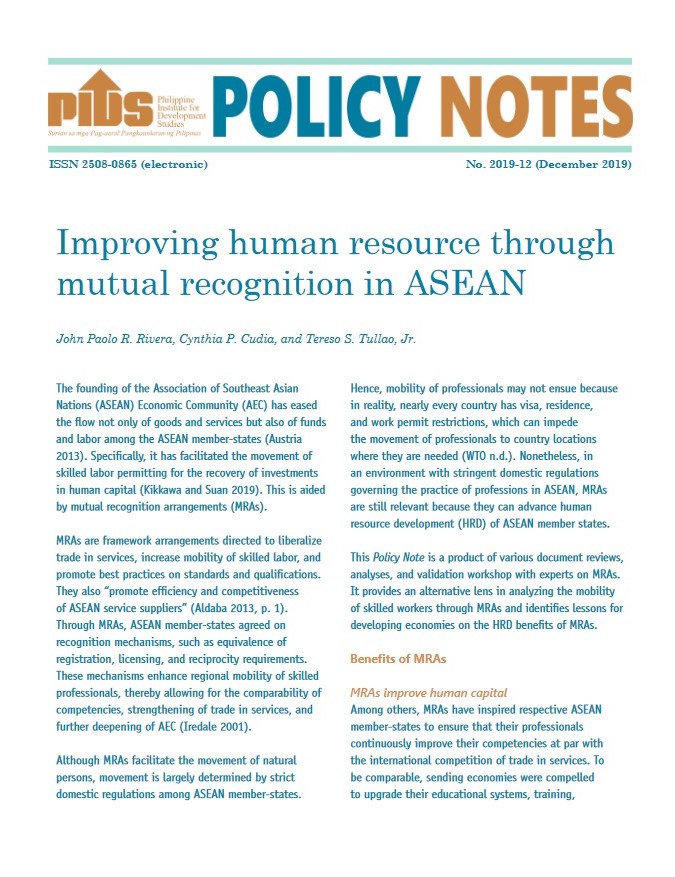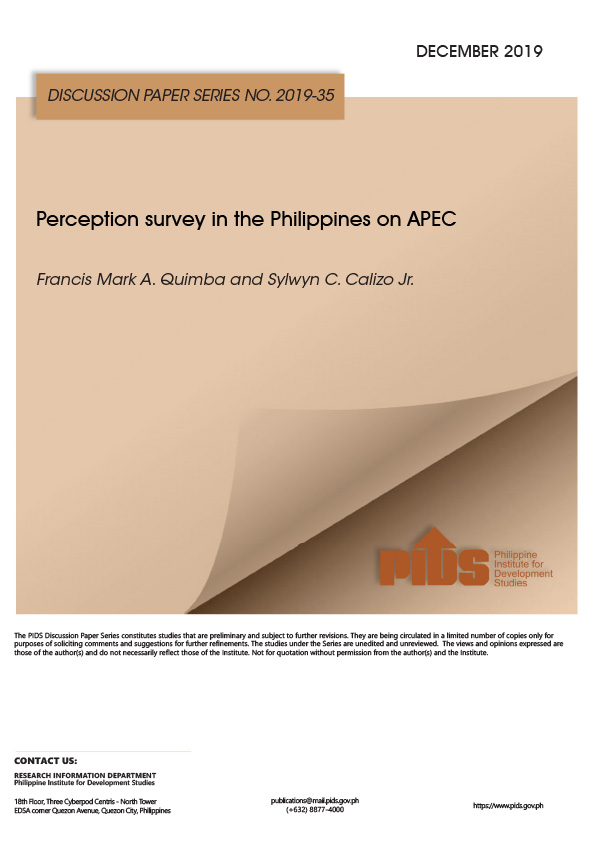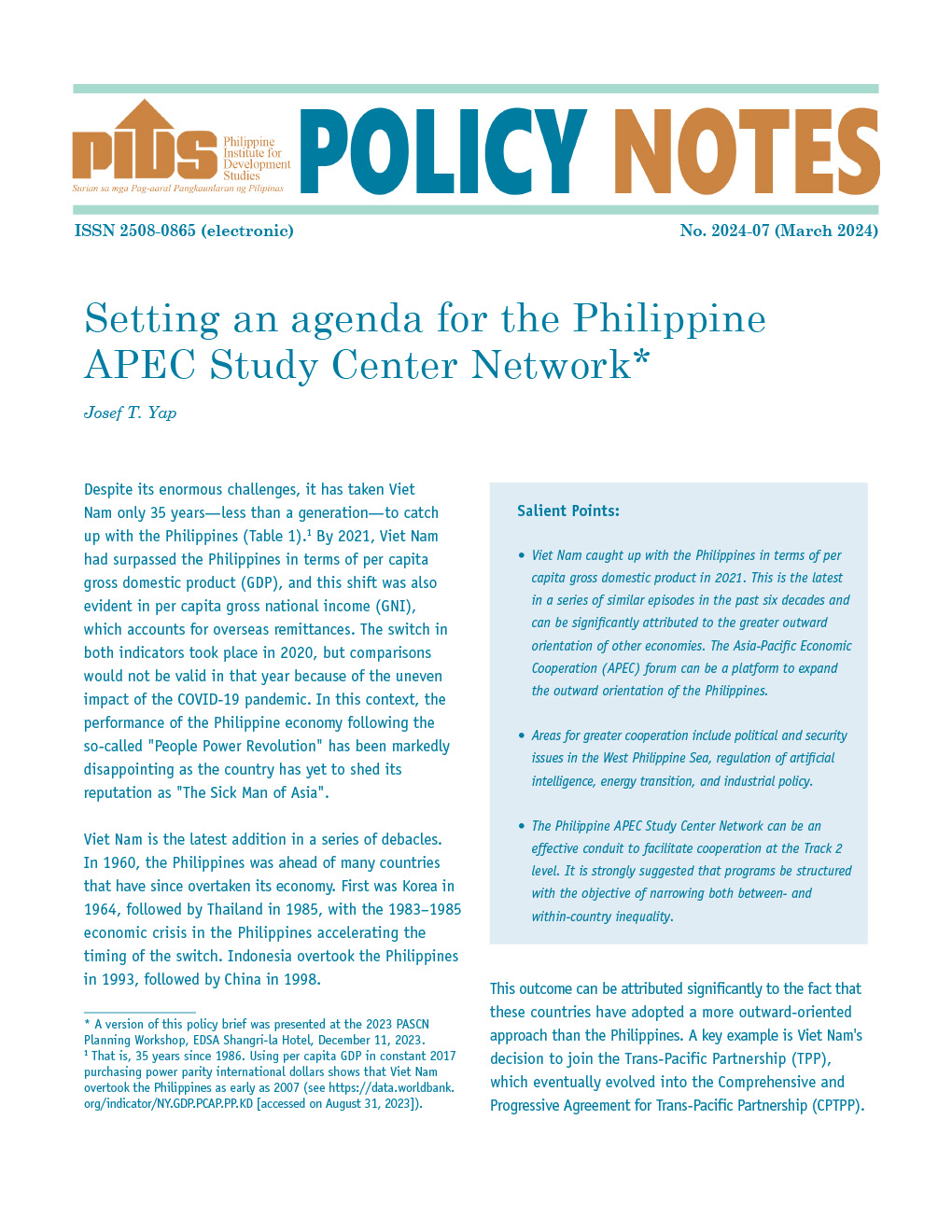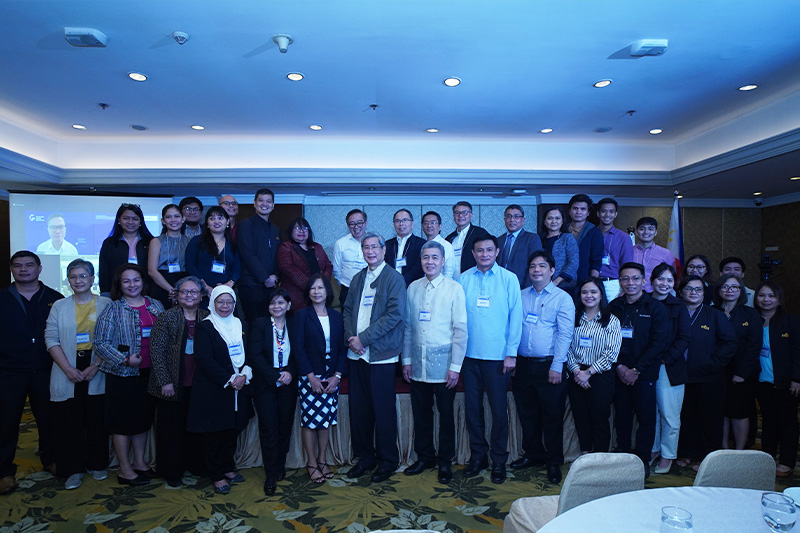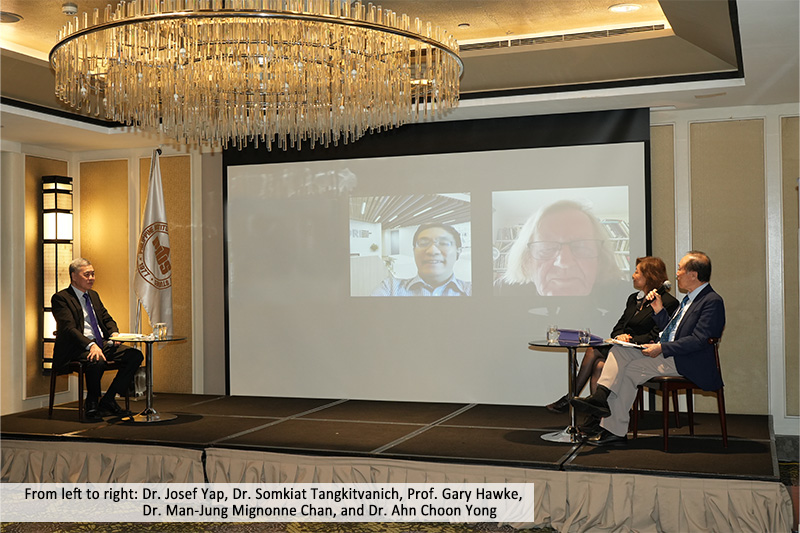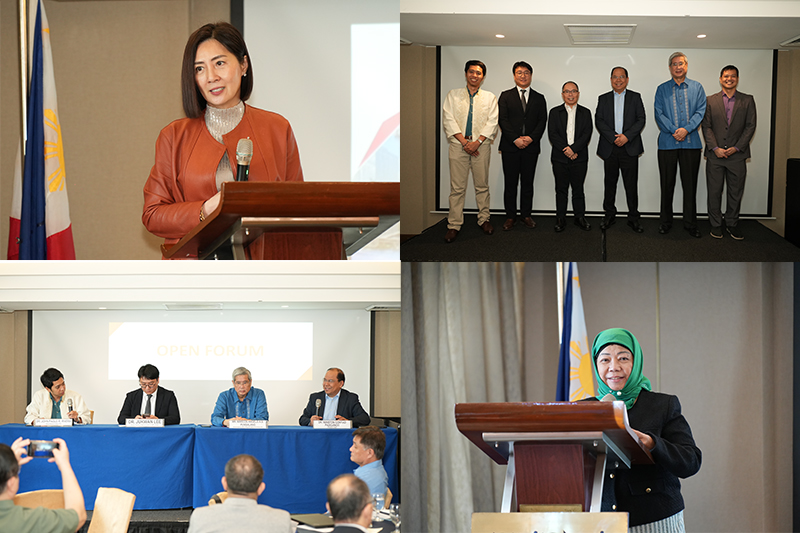As leaders from more than 20 countries descend to Manila for a series of meetings, they are expected to be greeted by the red carpet, escorted on allocated lanes through the capital's horrendous choking traffic and treated to elaborate and sumptuous dinners.
Philippine officials will not spare any expense to showcase the world-famous Filipino hospitality and leave a good impression on their guests.
Despite the P15.5 billion price tag of these hosting duties, for most Filipinos, the Association of Southeast Asian Nations meetings are more associated with holidays and heavy traffic because of priority lanes for guests.
Former top diplomats and experts agree that this nonchalant attitude is also common among citizens of the nations of the 10-member bloc.
"Most ordinary Filipinos hardly appreciate the importance of ASEAN in their lives," Dennis Coronacion, a professor of political science at the University of Santo Tomas, said in a text message to Philstar.com.
"In Metro Manila, Pinoys associate ASEAN with the heavy traffic caused by the priority lanes. In the provinces, people hardly care about ASEAN," he added.
For Coronacion, Filipinos see ASEAN meetings benefit only the business community and whose values are shared by the elite.
"[ASEAN's] successes are found in the economic and business areas such as the free movement of goods and services," Coronacion said.
ASEAN's messaging lapses
For former Philippine top envoys Roberto Romulo and Delia Albert, one reason for this is the failure of ASEAN to communicate its importance especially to the man on the street.
"There is unfortunately a definite disconnect. It's not just the Filipino. To the man in the street in ASEAN, it's the failure of ASEAN that it has not communicated the right message, and that's what we have to work on," Romulo told Philstar.com.
Aside from the right message, ASEAN has also failed to relay and highlight its goals, aspirations as well as gains and success that could make people understand and appreciate its vital role, according to Albert.
Romulo emphasized that this was important because ordinary citizens would always look for the bloc's benefits before they could see its importance in their lives.
"At the end of the day, because our economies are so different, ethnically, culturally, what every man on the street wants is what's in it for me. And ASEAN has failed to do that," Romulo said, adding that the common man has not seen the economic benefits ASEAN has given its member-states over the years
Thousands of police and soldiers stand at attention during a send off ceremony and deployment to provide security for next week's ASEAN Summit and other related summits which the country is hosting in Manila, Philippines Sunday, Nov. 5, 2017.
Albert noted that if there was commitment to the bloc, this exists only among policy makers, bureaucrats, journalists and participants in ASEAN-centered activities.
She highlighted surveys that showed that "there is more breadth than depth of understanding" on ASEAN among the people of the region.
Based on a survey by the bloc's secretariat in Southeast Asian capitals, 76 percent lacked understanding of ASEAN, 81 percent was familiar only with its name and 19 percent had never heard about the regional group.
"For the general public to participate in the integration process, individuals must learn what ASEAN means to them," said Albert, who served as foreign secretary under former President Gloria Arroyo.
It is this meaning and the benefits that ASEAN affords are what need better communication, the diplomats agreed.
Making ASEAN more tangible
Both Leviste and Coronacion noted that one area where ASEAN's contribution to development could be felt was education.
Aside from a freer flow of talent or resources among Southeast Asian institutions, there has also been an exchange of best practices in research and teaching that has advantaged many universities and schools in the region.
Another offshoot of the integration of the 10 member-states, home to more than 600 million people, is the K to 12 educational reform, one of the largest and widest-reaching in the history of Philippine education.
"The K to 12 program was conceived because of the regional integration of ASEAN. Our government saw the need to add two more years of basic education, so that our graduates can compete well with workers from other ASEAN countries," Coronacion said.
The need to be more competitive is due to a freer exchange of labor, which some experts say is another reward of a country's membership in the regional bloc. This is expected to lead to more investments and wider markets, redounding to higher incomes for employees, according to an article released by the ASEAN office.
ALSO READ: Commentary: Becoming an ASEAN citizen a challenge
Business opportunities, it added, could result in more available local jobs to decrease unemployment and underemployment, one of the goals of the ASEAN Economic Community.
Through the Mutual Recognition Agreement, skills honed in one ASEAN country will be recognized in another, thus making it easy for someone to find a job in the 10 member-nations which collectively constitute the seventh largest economy in the world.
Travel in the region is also cheaper and easier as it requires no visa and can be done more easily due to the availability of different modes of transport.
ASEAN nationals can also benefit from cheaper and a wider selection of goods and products due to a regime of low or no tariffs among the bloc's members.
Unfortunately, many ordinary Filipinos are unaware about these actual and potential benefits.
Reaching the ordinary Filipino
To address this problem, the media and Southeast Asian nations' schools play a vital role, according to Albert.
"While the regional level of the ASEAN communication master plan serves as the overall framework for the implementation at the national level what both education and media can do to play important role in informing people especially the youth about ASEAN and its priorities," she said.
Some movements in these areas are already underway, according to Albert.
An ASEAN curriculum source book is now available to the member-states while some governments have already crafted dedicated courses on the bloc at both secondary and tertiary levels which could guide young citizens on how to participate in the integration process.
A study conducted by state think tank Philippine Institute for Development Studies released in April showed a high awareness of ASEAN among Filipinos, but a low appreciation of it.
The former top diplomat suggested that a new survey among Filipinos be done to measure their ASEAN awareness after this year's chairmanship of the bloc.
All these and more need to be done to make Filipinos and other Southeast Asian nationals appreciate the group's importance in their lives. Otherwise, the reality of ASEAN unity will continue to be a wish.
"'For most of the diverse people living in Southeast Asia, the idea of an ASEAN unity with shared values, with common identity and looking towards a shared destiny is a wish to be fulfilled,' and I share this quote," Albert said. — Infographic design by RP Ocampo
Philippine officials will not spare any expense to showcase the world-famous Filipino hospitality and leave a good impression on their guests.
Despite the P15.5 billion price tag of these hosting duties, for most Filipinos, the Association of Southeast Asian Nations meetings are more associated with holidays and heavy traffic because of priority lanes for guests.
Former top diplomats and experts agree that this nonchalant attitude is also common among citizens of the nations of the 10-member bloc.
"Most ordinary Filipinos hardly appreciate the importance of ASEAN in their lives," Dennis Coronacion, a professor of political science at the University of Santo Tomas, said in a text message to Philstar.com.
"In Metro Manila, Pinoys associate ASEAN with the heavy traffic caused by the priority lanes. In the provinces, people hardly care about ASEAN," he added.
For Coronacion, Filipinos see ASEAN meetings benefit only the business community and whose values are shared by the elite.
"[ASEAN's] successes are found in the economic and business areas such as the free movement of goods and services," Coronacion said.
ASEAN's messaging lapses
For former Philippine top envoys Roberto Romulo and Delia Albert, one reason for this is the failure of ASEAN to communicate its importance especially to the man on the street.
"There is unfortunately a definite disconnect. It's not just the Filipino. To the man in the street in ASEAN, it's the failure of ASEAN that it has not communicated the right message, and that's what we have to work on," Romulo told Philstar.com.
Aside from the right message, ASEAN has also failed to relay and highlight its goals, aspirations as well as gains and success that could make people understand and appreciate its vital role, according to Albert.
Romulo emphasized that this was important because ordinary citizens would always look for the bloc's benefits before they could see its importance in their lives.
"At the end of the day, because our economies are so different, ethnically, culturally, what every man on the street wants is what's in it for me. And ASEAN has failed to do that," Romulo said, adding that the common man has not seen the economic benefits ASEAN has given its member-states over the years
Thousands of police and soldiers stand at attention during a send off ceremony and deployment to provide security for next week's ASEAN Summit and other related summits which the country is hosting in Manila, Philippines Sunday, Nov. 5, 2017.
Albert noted that if there was commitment to the bloc, this exists only among policy makers, bureaucrats, journalists and participants in ASEAN-centered activities.
She highlighted surveys that showed that "there is more breadth than depth of understanding" on ASEAN among the people of the region.
Based on a survey by the bloc's secretariat in Southeast Asian capitals, 76 percent lacked understanding of ASEAN, 81 percent was familiar only with its name and 19 percent had never heard about the regional group.
"For the general public to participate in the integration process, individuals must learn what ASEAN means to them," said Albert, who served as foreign secretary under former President Gloria Arroyo.
It is this meaning and the benefits that ASEAN affords are what need better communication, the diplomats agreed.
Making ASEAN more tangible
Both Leviste and Coronacion noted that one area where ASEAN's contribution to development could be felt was education.
Aside from a freer flow of talent or resources among Southeast Asian institutions, there has also been an exchange of best practices in research and teaching that has advantaged many universities and schools in the region.
Another offshoot of the integration of the 10 member-states, home to more than 600 million people, is the K to 12 educational reform, one of the largest and widest-reaching in the history of Philippine education.
"The K to 12 program was conceived because of the regional integration of ASEAN. Our government saw the need to add two more years of basic education, so that our graduates can compete well with workers from other ASEAN countries," Coronacion said.
The need to be more competitive is due to a freer exchange of labor, which some experts say is another reward of a country's membership in the regional bloc. This is expected to lead to more investments and wider markets, redounding to higher incomes for employees, according to an article released by the ASEAN office.
ALSO READ: Commentary: Becoming an ASEAN citizen a challenge
Business opportunities, it added, could result in more available local jobs to decrease unemployment and underemployment, one of the goals of the ASEAN Economic Community.
Through the Mutual Recognition Agreement, skills honed in one ASEAN country will be recognized in another, thus making it easy for someone to find a job in the 10 member-nations which collectively constitute the seventh largest economy in the world.
Travel in the region is also cheaper and easier as it requires no visa and can be done more easily due to the availability of different modes of transport.
ASEAN nationals can also benefit from cheaper and a wider selection of goods and products due to a regime of low or no tariffs among the bloc's members.
Unfortunately, many ordinary Filipinos are unaware about these actual and potential benefits.
Reaching the ordinary Filipino
To address this problem, the media and Southeast Asian nations' schools play a vital role, according to Albert.
"While the regional level of the ASEAN communication master plan serves as the overall framework for the implementation at the national level what both education and media can do to play important role in informing people especially the youth about ASEAN and its priorities," she said.
Some movements in these areas are already underway, according to Albert.
An ASEAN curriculum source book is now available to the member-states while some governments have already crafted dedicated courses on the bloc at both secondary and tertiary levels which could guide young citizens on how to participate in the integration process.
A study conducted by state think tank Philippine Institute for Development Studies released in April showed a high awareness of ASEAN among Filipinos, but a low appreciation of it.
The former top diplomat suggested that a new survey among Filipinos be done to measure their ASEAN awareness after this year's chairmanship of the bloc.
All these and more need to be done to make Filipinos and other Southeast Asian nationals appreciate the group's importance in their lives. Otherwise, the reality of ASEAN unity will continue to be a wish.
"'For most of the diverse people living in Southeast Asia, the idea of an ASEAN unity with shared values, with common identity and looking towards a shared destiny is a wish to be fulfilled,' and I share this quote," Albert said. — Infographic design by RP Ocampo

